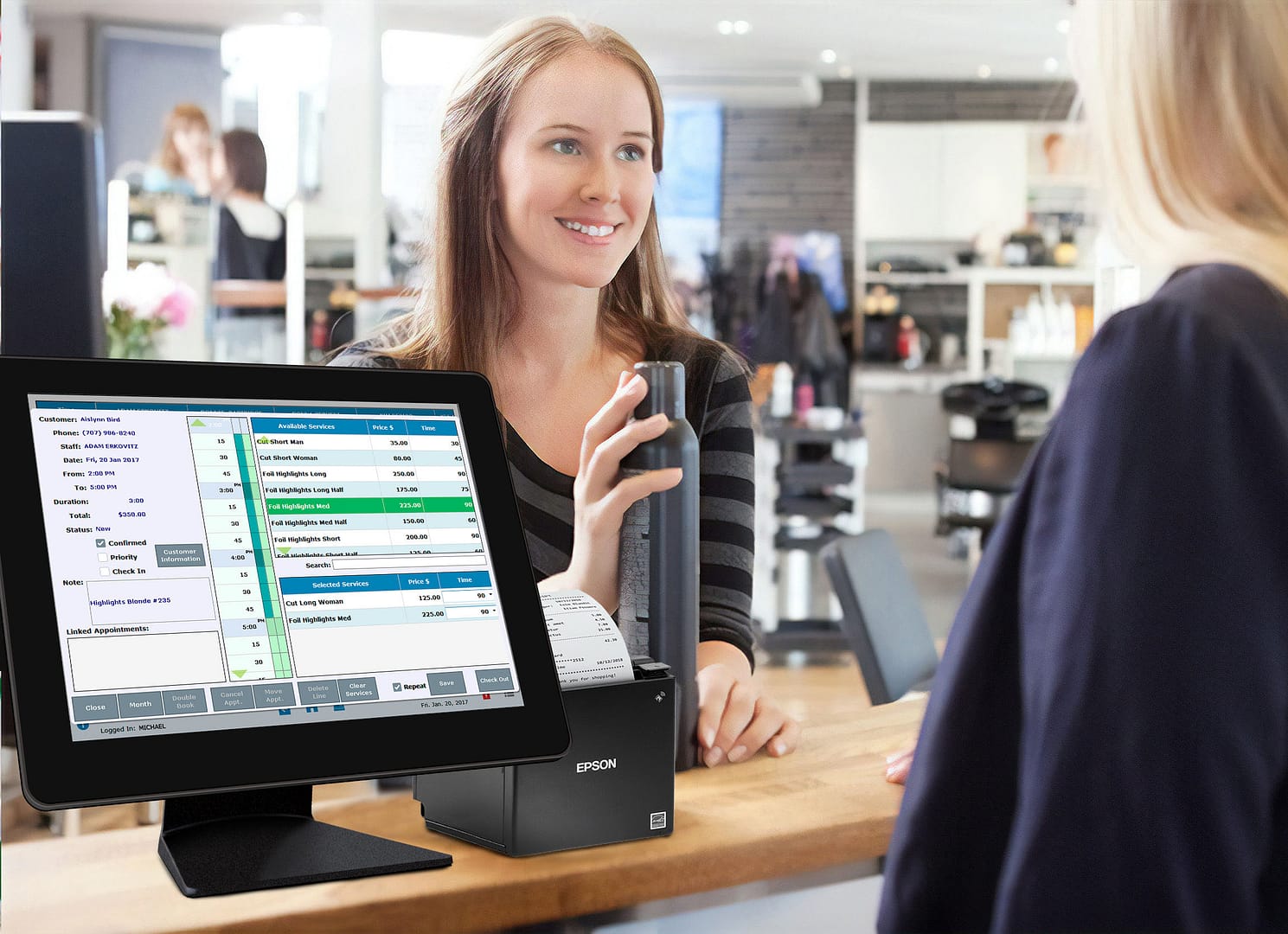Most Commonly Overlooked POS Features
Most people are familiar with the basic functions of a POS system – processing sales transactions, tracking inventory, and generating sales reports. However, there’s so much more to these systems than meets the eye. In this post, we will delve into some of the most commonly overlooked features of POS systems that can provide your business with a competitive edge. So, let’s uncover the hidden potential of your POS system!
Feature 1: Advanced Inventory Management
Imagine a POS system that does more than just keep track of what’s in stock. Some advanced POS systems offer a feature that’s often overlooked – advanced inventory management. This feature goes beyond basic stock tracking, offering predictive analytics that can forecast future sales based on past trends. It can automate the reordering of products when they reach a certain threshold, saving you from the hassle of manual inventory management. Even more impressive, it can suggest pricing adjustments based on supply and demand, helping you optimize your pricing strategy and maximize profits. This feature turns your POS system into a powerful tool for strategic decision-making, giving you a leg up in today’s competitive business environment.
Feature 2: Customer Relationship Management (CRM) Integration
Another overlooked feature of some POS systems is the integration with Customer Relationship Management (CRM) software. This feature allows businesses to track customer behavior right from the POS system, providing valuable insights into purchasing habits and preferences. With this information at your fingertips, you can personalize your marketing efforts, tailoring promotions and communications to individual customers based on their buying history. Furthermore, CRM integration can improve customer service by providing staff with instant access to customer information, enabling them to provide a more personalized and efficient service. This feature transforms your POS system into a powerful tool for building strong, lasting relationships with your customers.
Feature 3: Employee Management and Scheduling
One of the most overlooked features of advanced POS systems is employee management and scheduling. This feature allows businesses to track employee performance directly through the POS system, providing insights into sales performance, hours worked, and even customer feedback. But it doesn’t stop there. Some POS systems also include scheduling features, allowing managers to create and manage employee schedules directly in the system. This can significantly streamline the scheduling process, reducing administrative workload and minimizing scheduling conflicts. Even more, some systems can handle payroll, calculating wages based on hours logged in the system. This feature not only simplifies management tasks but also helps to foster a transparent and accountable workplace environment.
Feature 4: E-commerce Integration
In today’s digital age, many businesses operate both online and offline. This is where the e-commerce integration feature of some POS systems comes into play. Often overlooked, this feature allows businesses to manage inventory, sales, and customer data across multiple channels. This means that whether a sale is made in-store or online, the data is seamlessly integrated. This not only ensures accurate inventory tracking but also provides a unified view of customer behavior across all sales channels. With this feature, businesses can ensure consistent pricing and promotions across all platforms, providing a seamless shopping experience for customers. E-commerce integration in a POS system is a powerful tool for businesses striving to stay competitive in the omnichannel retail landscape.
Feature 5: Advanced Reporting and Analytics
The power of data cannot be overstated in today’s business landscape. Yet, the advanced reporting and analytics features of some POS systems are often overlooked. These features go beyond basic sales reports, offering in-depth analysis of sales trends, customer behavior, and overall business performance. With these insights, businesses can make data-driven decisions, identify growth opportunities, and pinpoint areas that need improvement. Some systems even offer real-time analytics, providing businesses with up-to-the-minute data. This feature transforms your POS system into a strategic tool, helping you navigate the complexities of your business with confidence and precision.
Conclusion
In conclusion, POS systems offer a wealth of features that often go unnoticed. From advanced inventory management to CRM integration, employee management, e-commerce integration, and advanced reporting and analytics, these features can significantly enhance your business operations. By leveraging these overlooked features, you can transform your POS system from a simple transaction processing tool into a powerful business management system. So, the next time you’re evaluating POS systems for your business, remember to look beyond the basic features. You might just uncover a treasure trove of capabilities that could give your business the competitive edge it needs.









